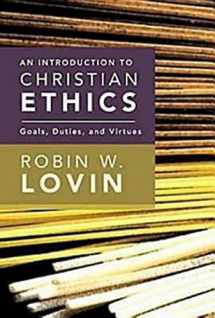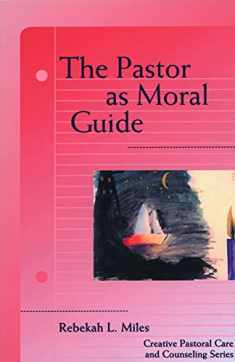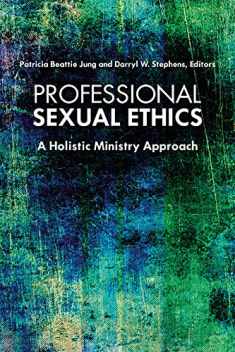
An Introduction to Christian Ethics: Goals, Duties, and Virtues
Book details
Summary
Description
A few years ago, the first distinction that ethicists drew was the line between Christian ethics and philosophical ethics. However, in our global context, Christian ethicists must now, in addition, compare and contrast various ethics. Christian ethics has become increasingly multivocal not only because of a plurality of faiths but also because of a plurality of Christianities. Beginning with five key ideas about God’s relationship to humanity and history, Dr. Lovin shows how these work together to shape the Christian stance. In the first three chapters, he then shows how those ideas took shape in relation to other ways of thinking about ethics in the world of early Christianity and identifies four major variations: Synergy, Integrity, Realism, and Liberation. The six remaining chapters cover historical and contemporary developments in the three ways of thinking about moral choices: teleology, deontology, and areteology. Test cases are also included. The purpose of the book is to indicate what is possible in Christian ethics, rather than to prescribe one way that it ought to be done. The aim is not to get readers to choose one among the Christian possibilities and use it exclusively, but use this introduction as a resource to arrive at their own ways of thinking about moral problems in order to act with integrity.


We would LOVE it if you could help us and other readers by reviewing the book
Book review





